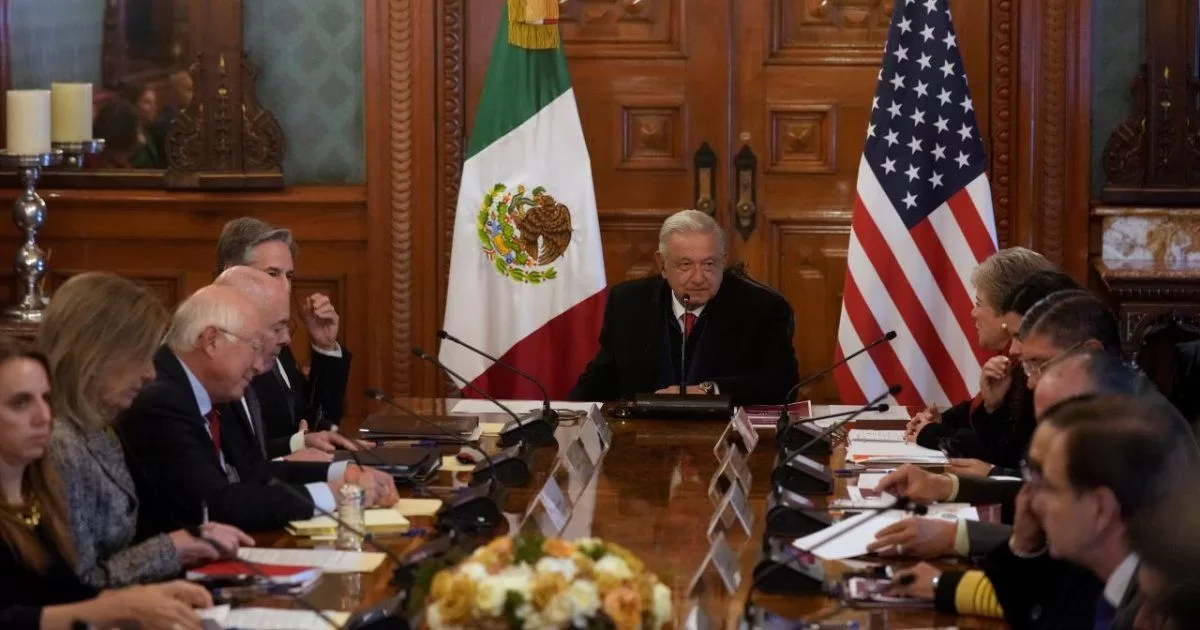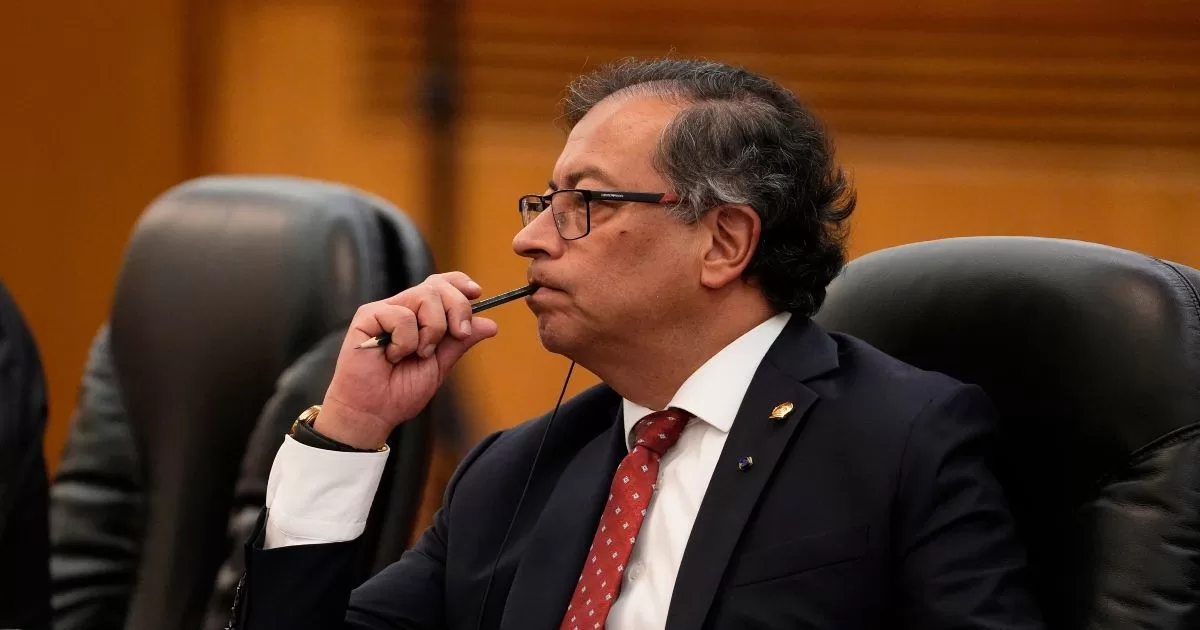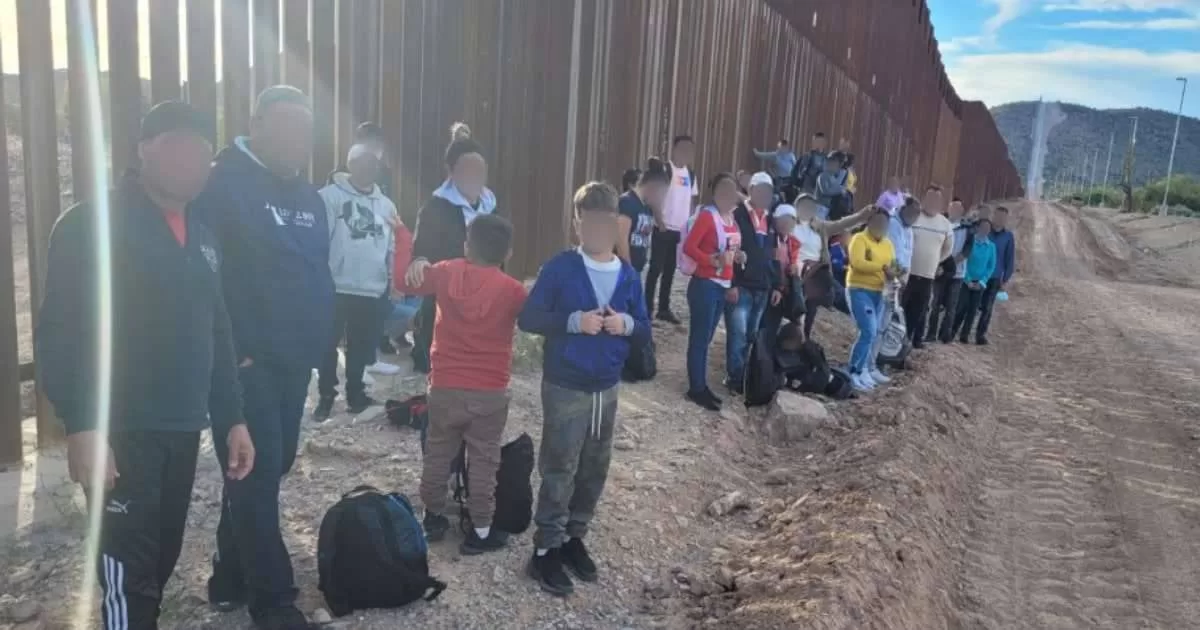MEXICO CITY.- The president of Mexico, Andrés Manuel López Obrador, announced this Thursday that after the meeting with US officials, they reached an agreement to keep the border crossings open and allow the passage of railways. This pact seeks to jointly address the migration crisis that affects the region.
During his morning press conference, López Obrador highlighted the importance of being attentive to the growing movement on the border and bridges, underlining the need to normalize the situation to avoid the closure of the crossings. In addition, he highlighted the solid commercial relationship between Mexico and the United States.
The meeting, which took place in Mexico City, was attended by the Secretary of State Antony Blinken and other senior US officials, including the Secretary of Homeland Security, Alexander Mayorkas. The meeting lasted more than two hours and focused on addressing the notable increase in migratory flows to the United States.
Immigrant processing
In response to the suspension of several legal border crossings by the United States, arguing the need to prioritize the processing of undocumented immigrants, both countries agreed to maintain continuous communication and establish periodic meetings to address the complex immigration situation.
“The teams have already been formed, we are going to go to Washington,” announced the Mexican president, highlighting the willingness of both nations to jointly face this challenge. Blinken’s visit to Mexico occurred in a context in which the Republican Party in the United States pressures President Joe Biden to take stronger measures against migration.
It should be noted that, according to recent data, the number of people seeking to enter the United States without authorization has seen a significant increase, reaching around 10,000 per day this month, almost double the figure recorded before the pandemic. The majority of these migrants are not of Mexican nationality, but come mainly from Central America, Haiti and Venezuela, countries affected by various factors such as poverty, violence and scarcity of resources.
Source: With information from AFP



